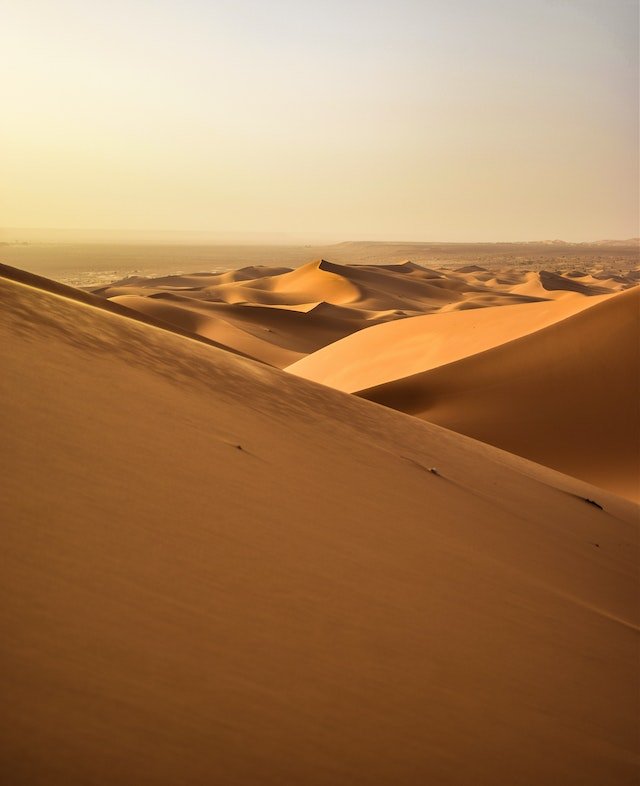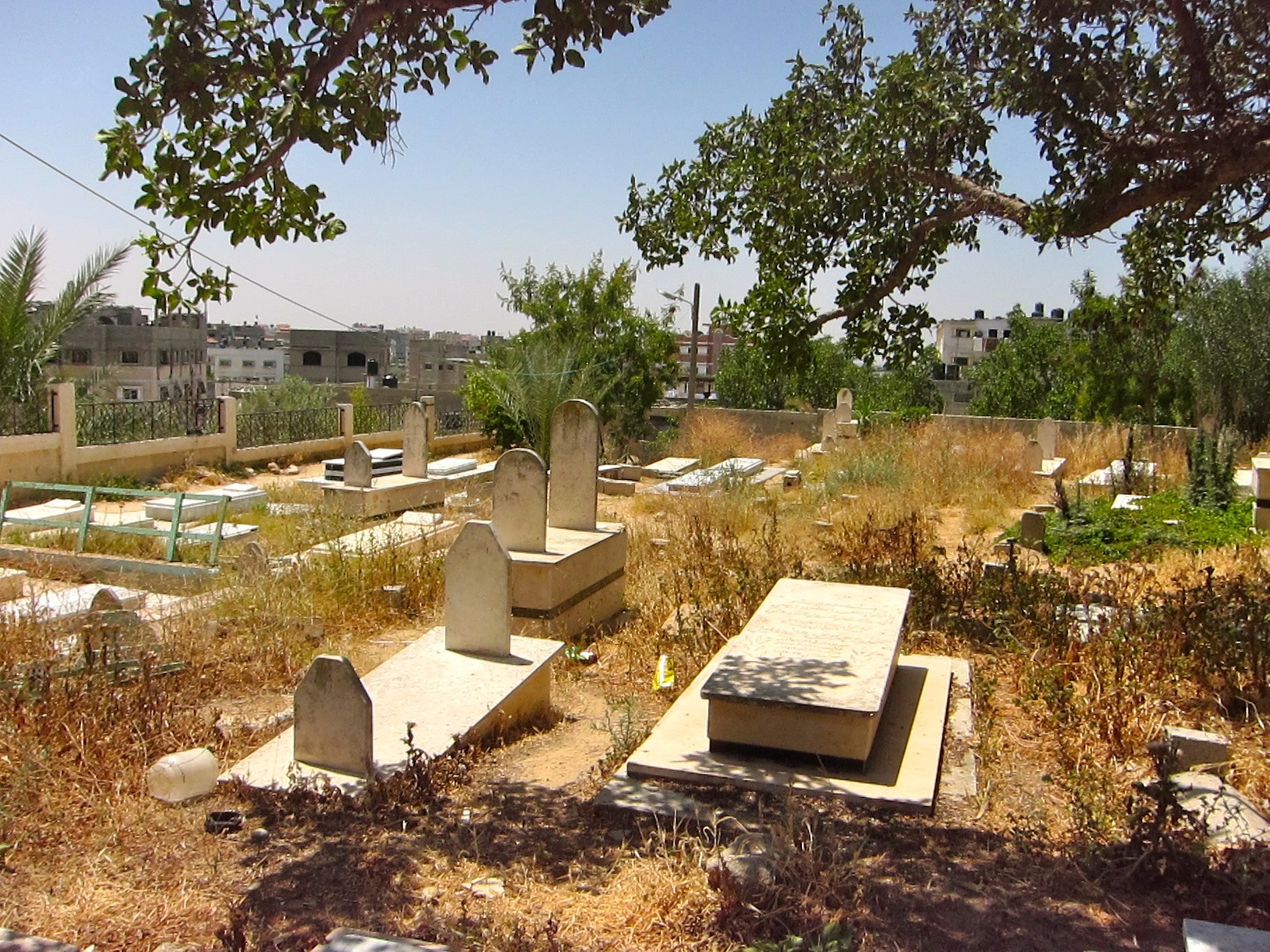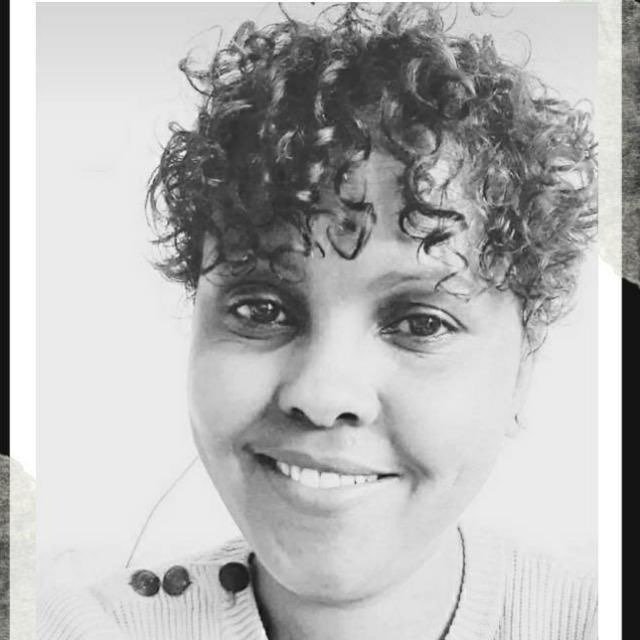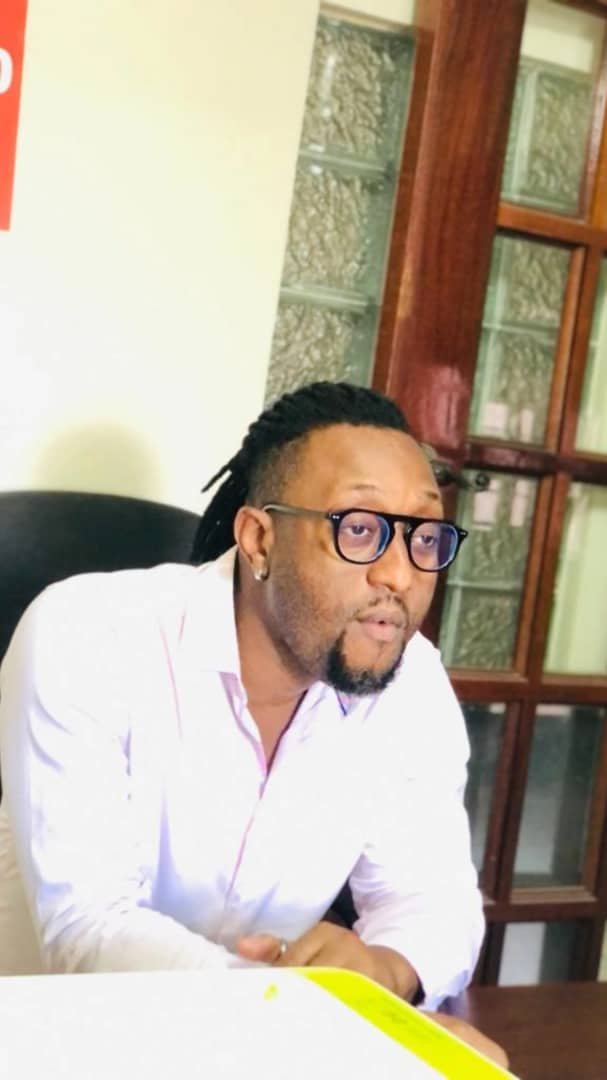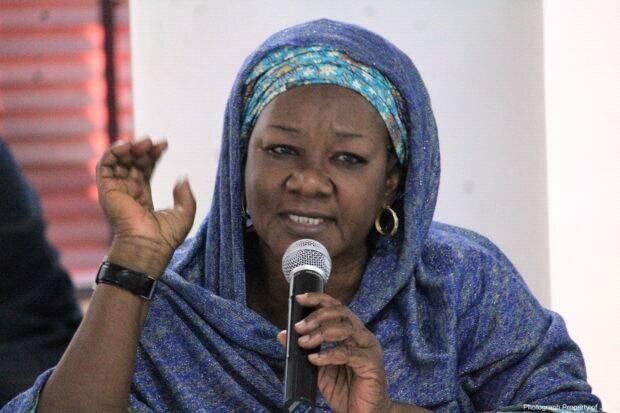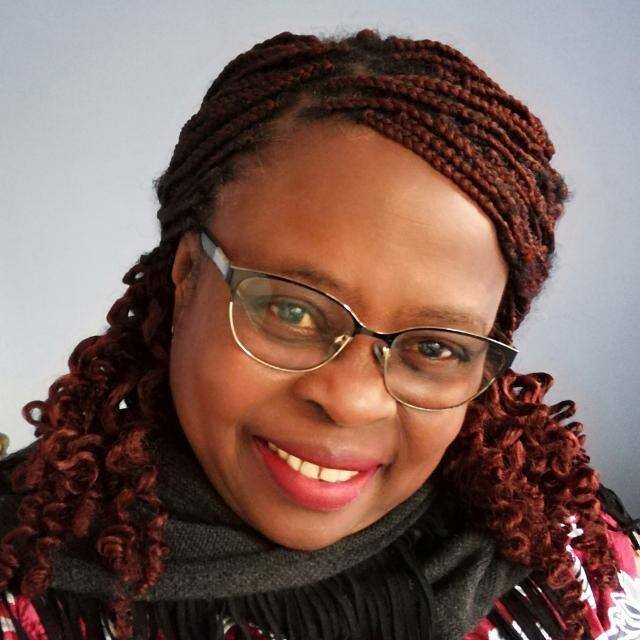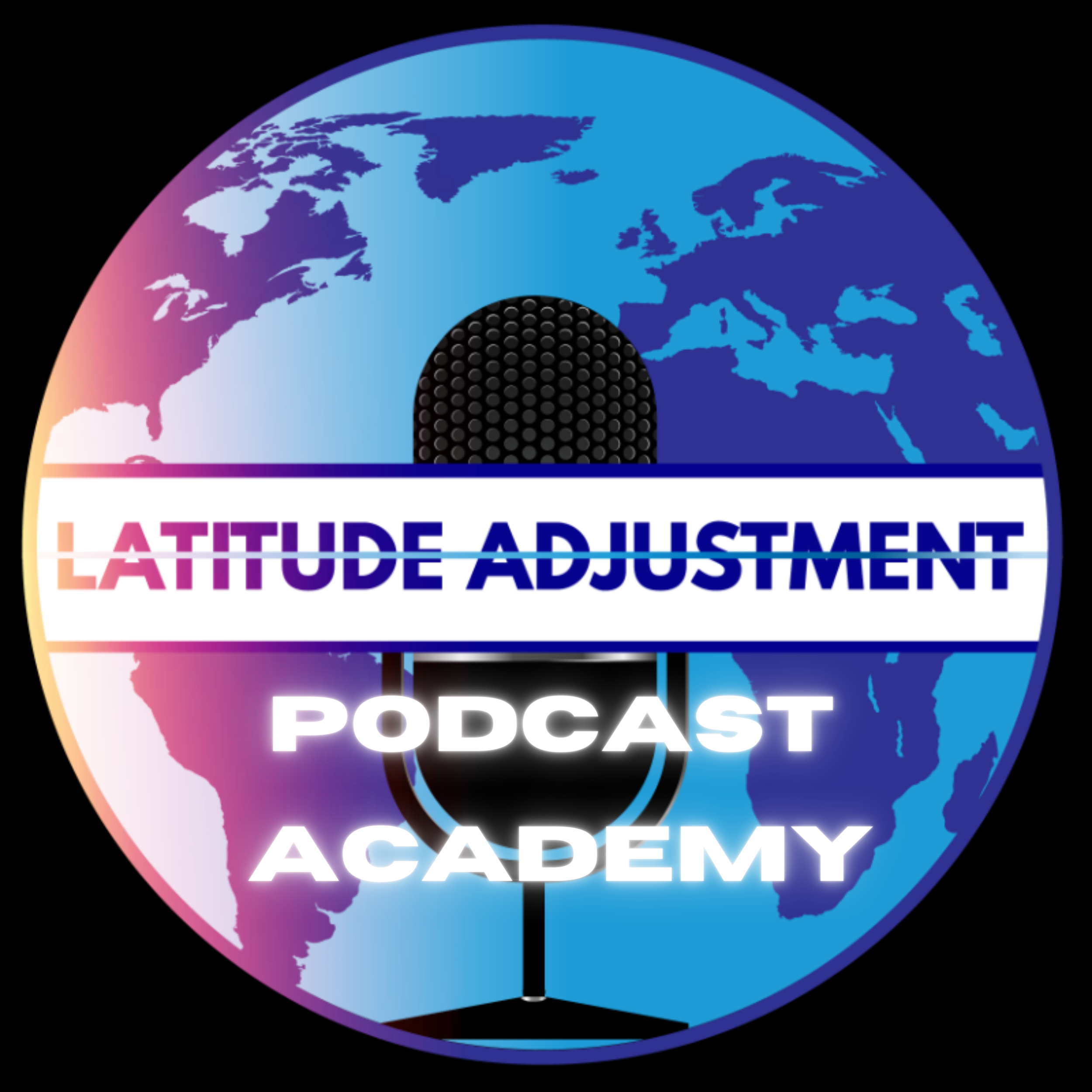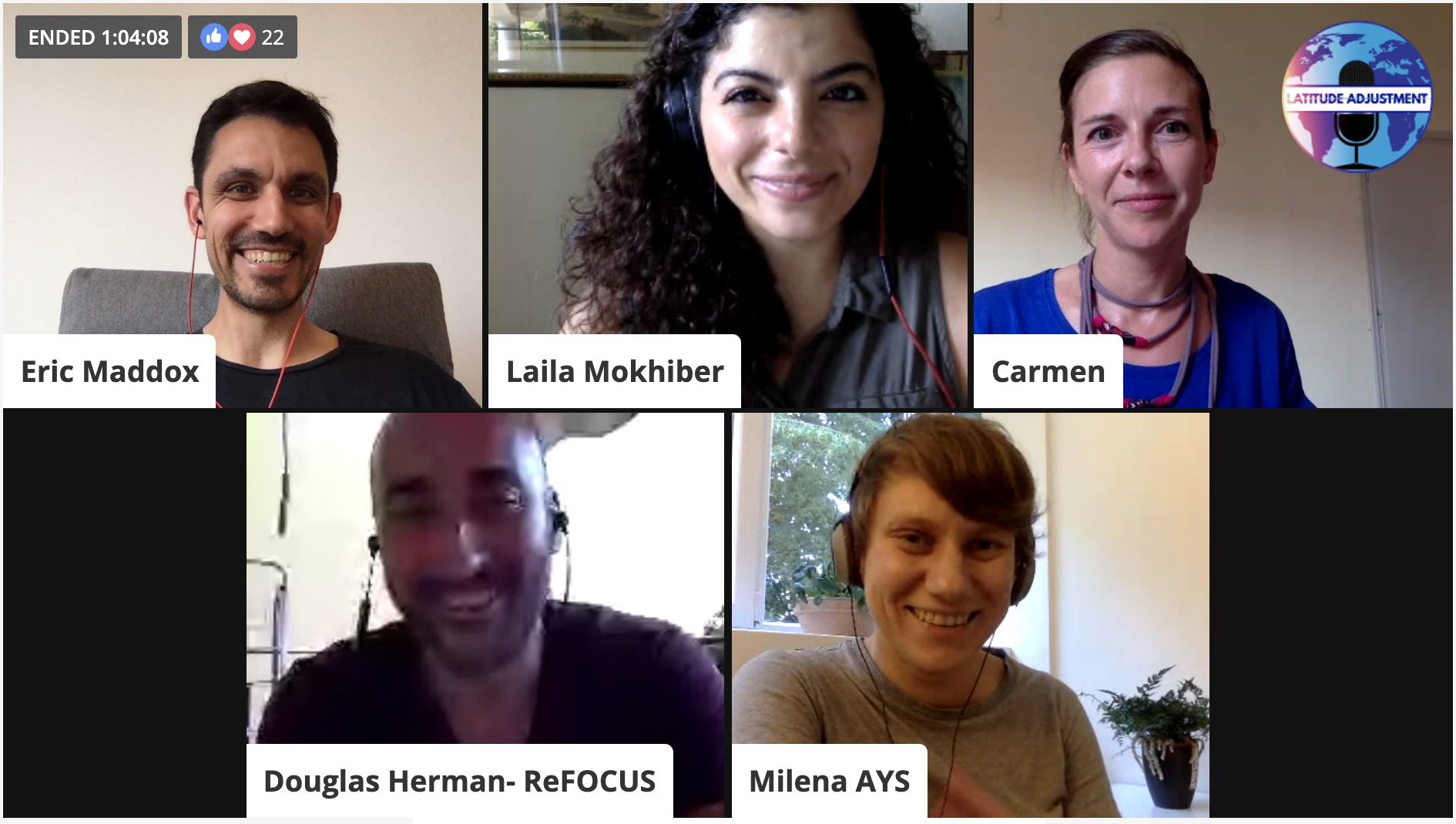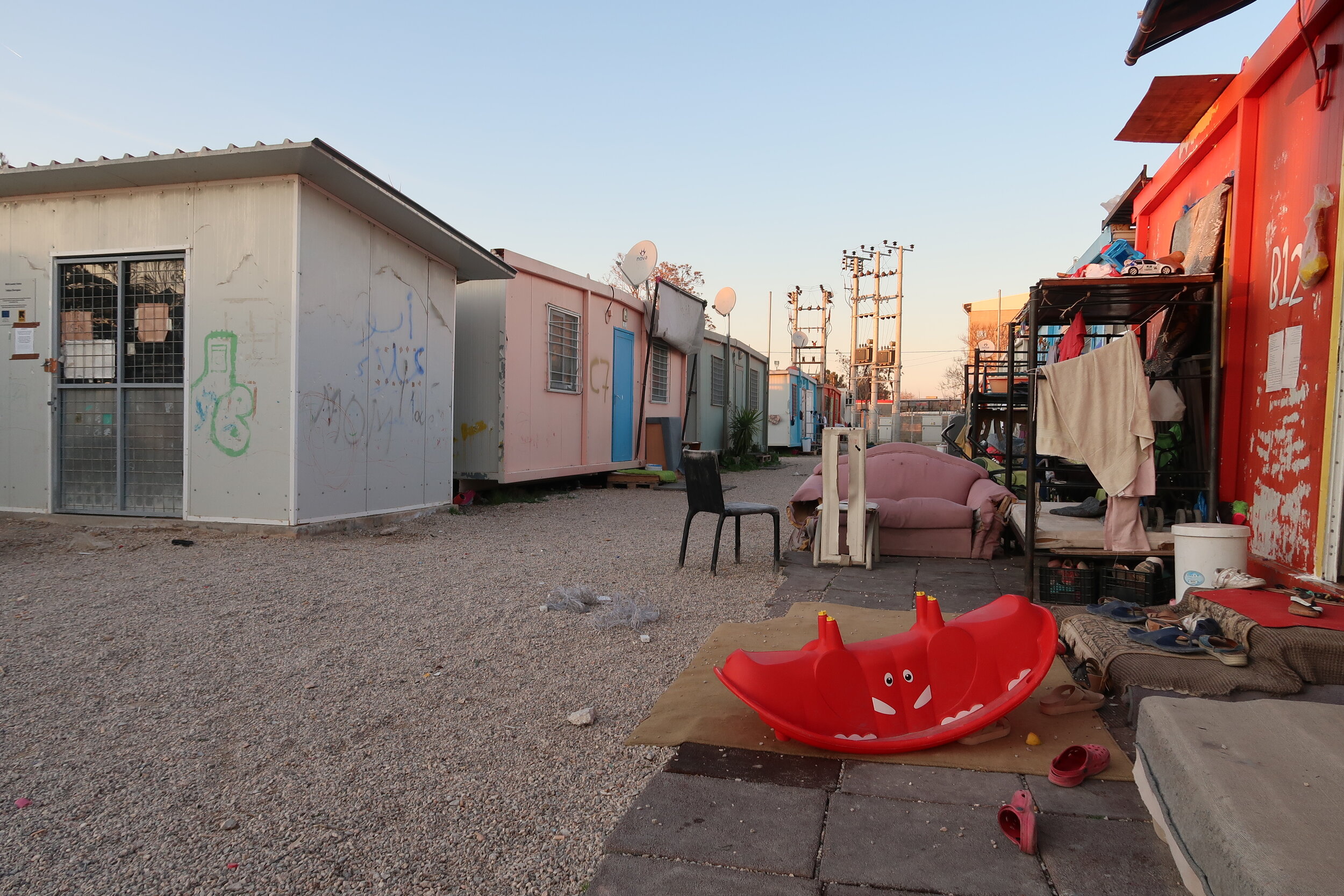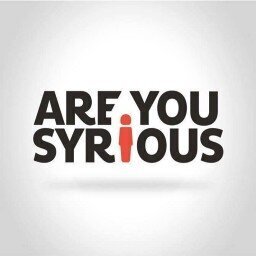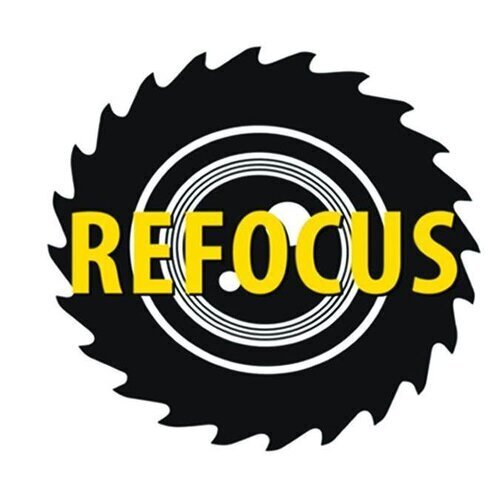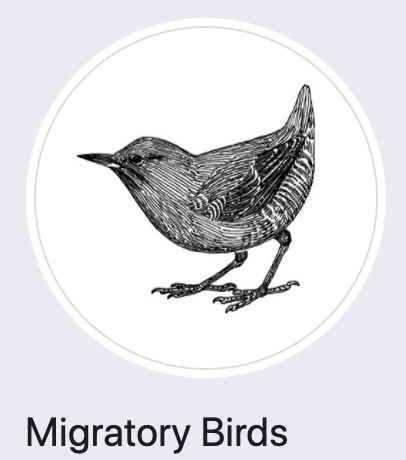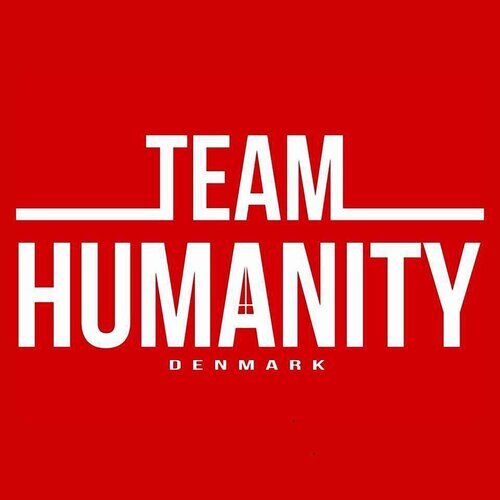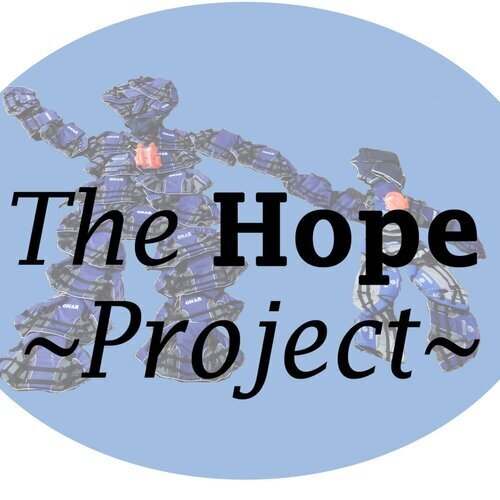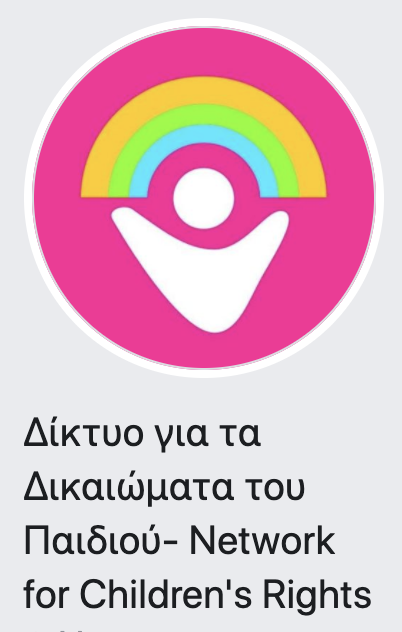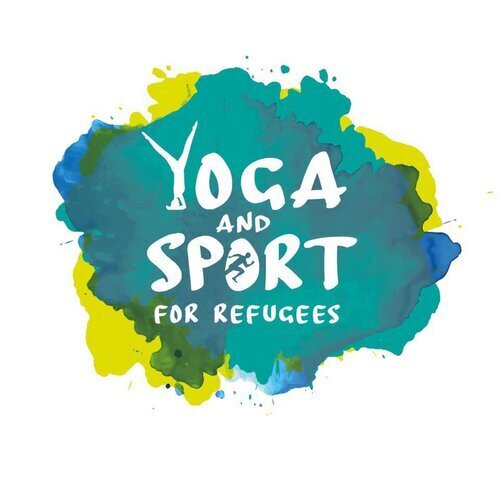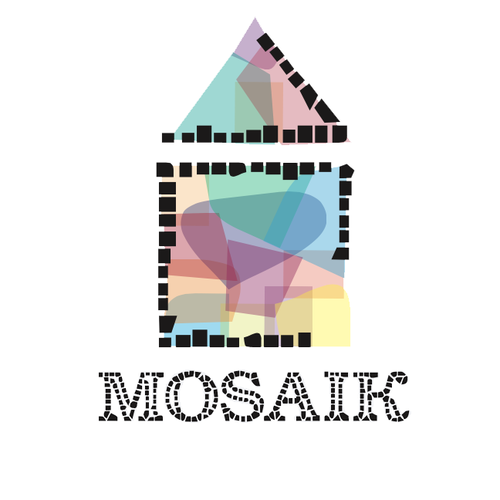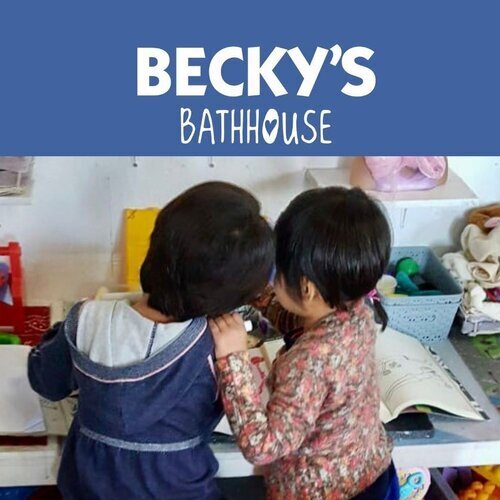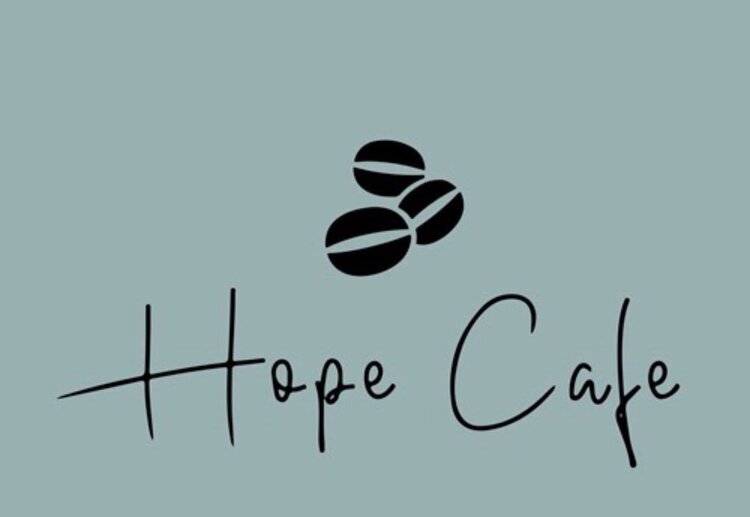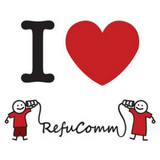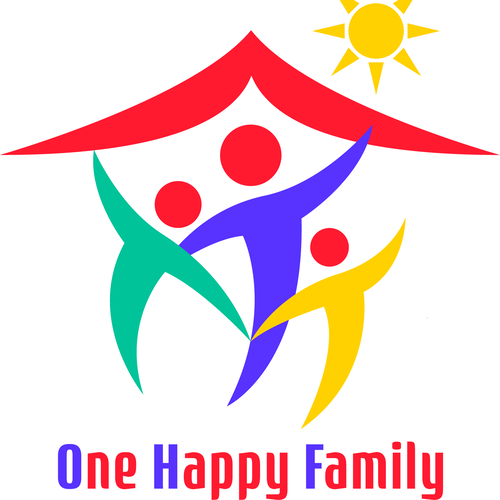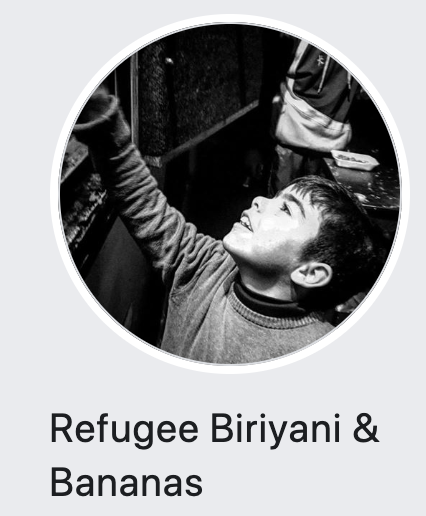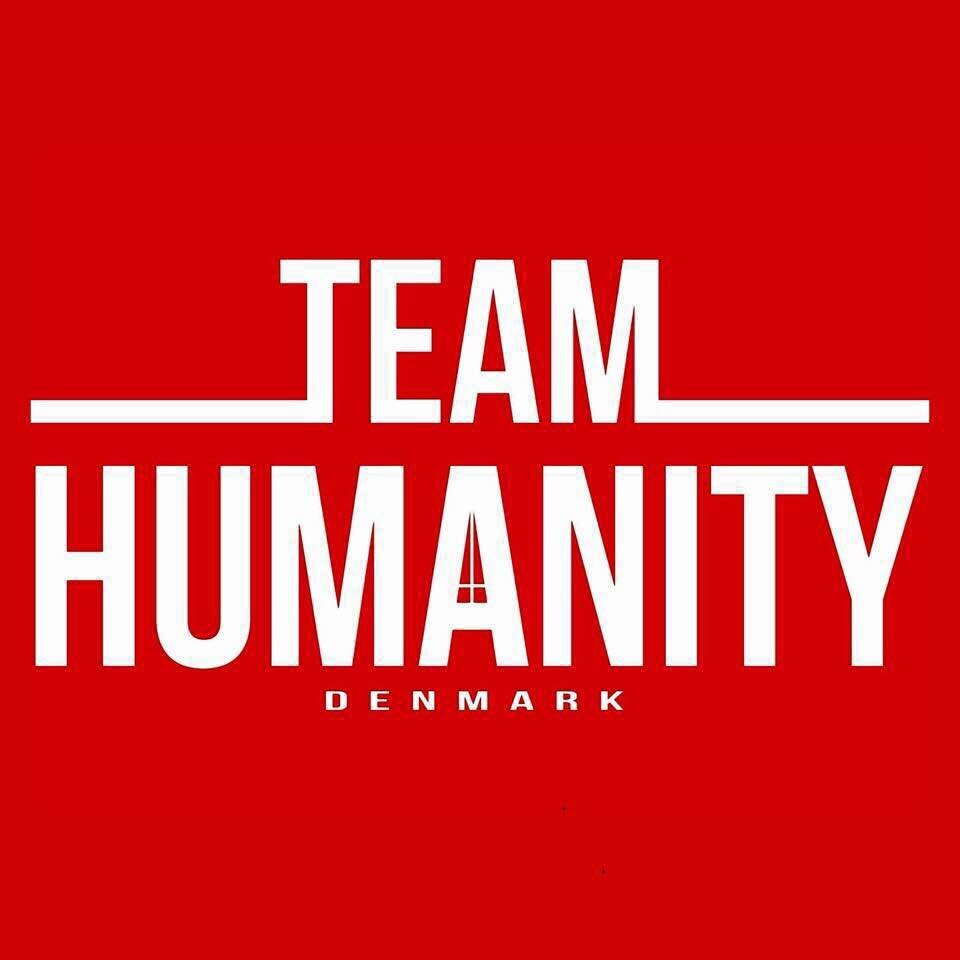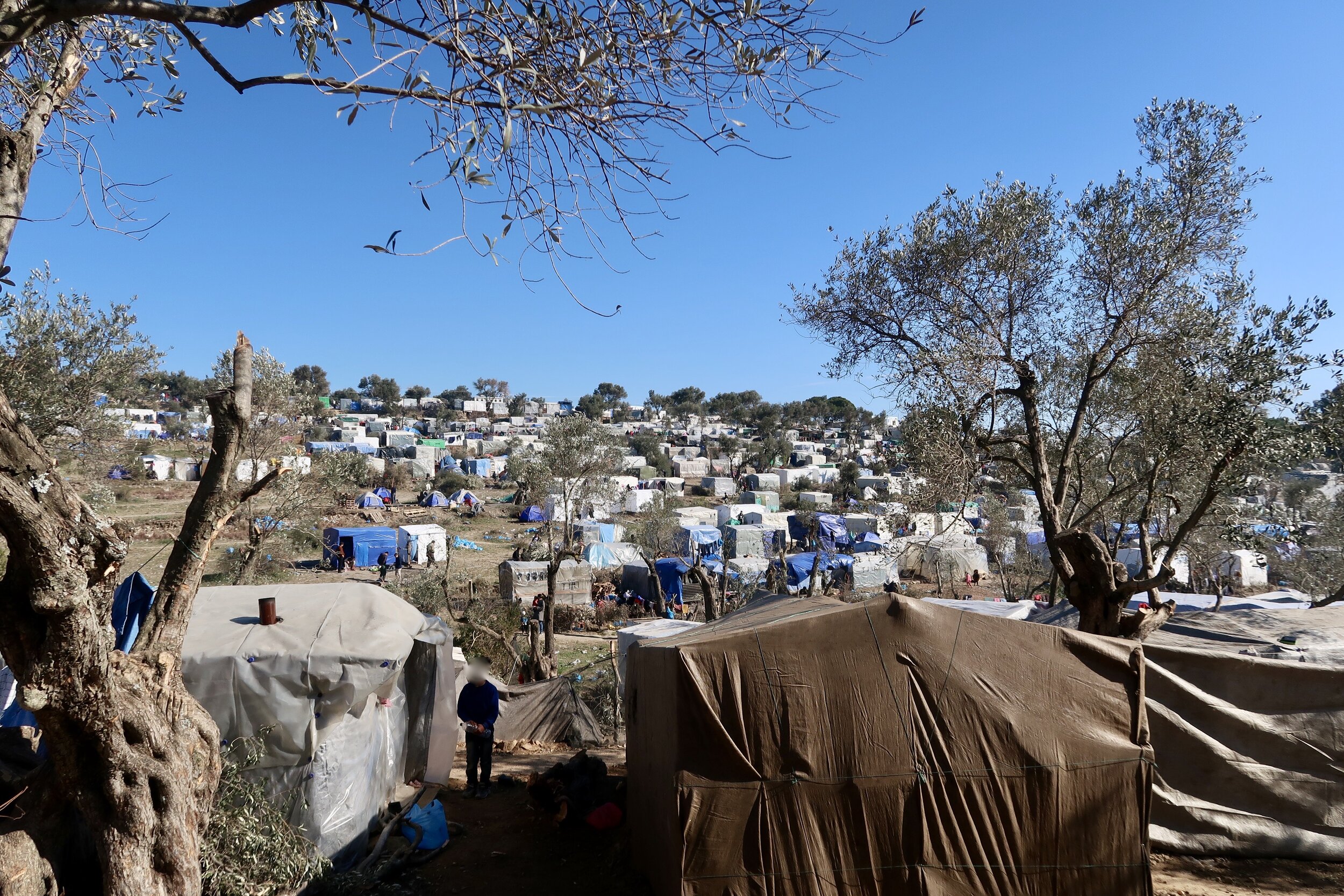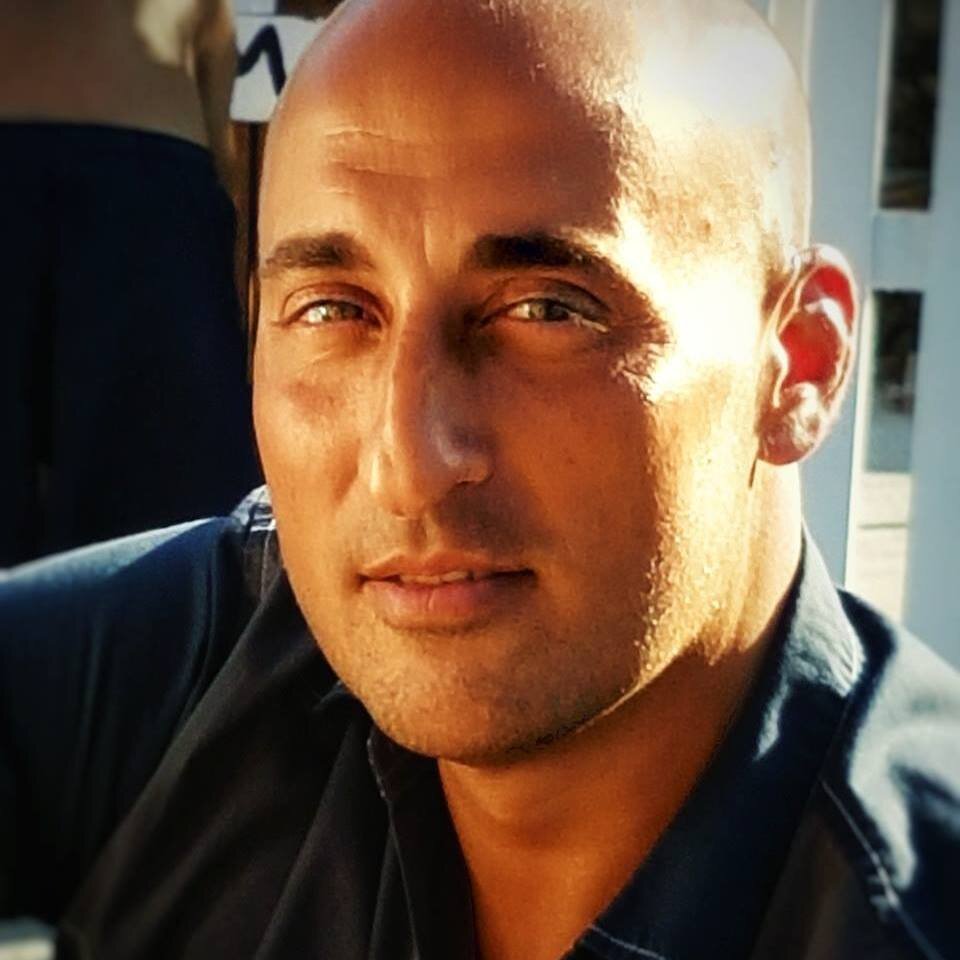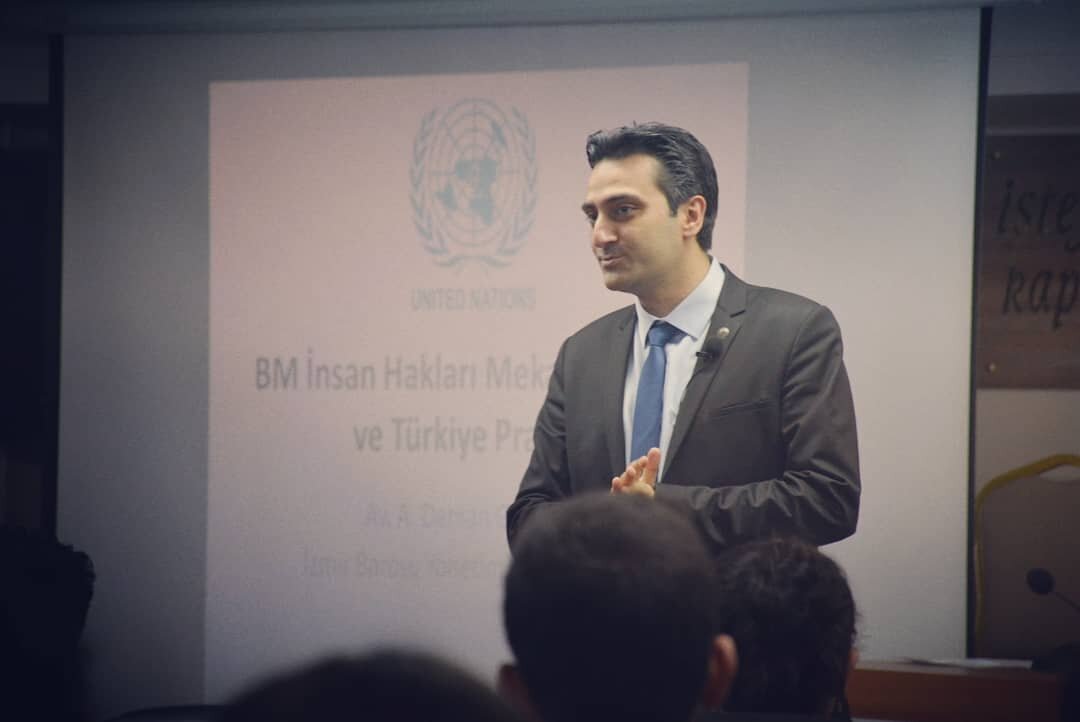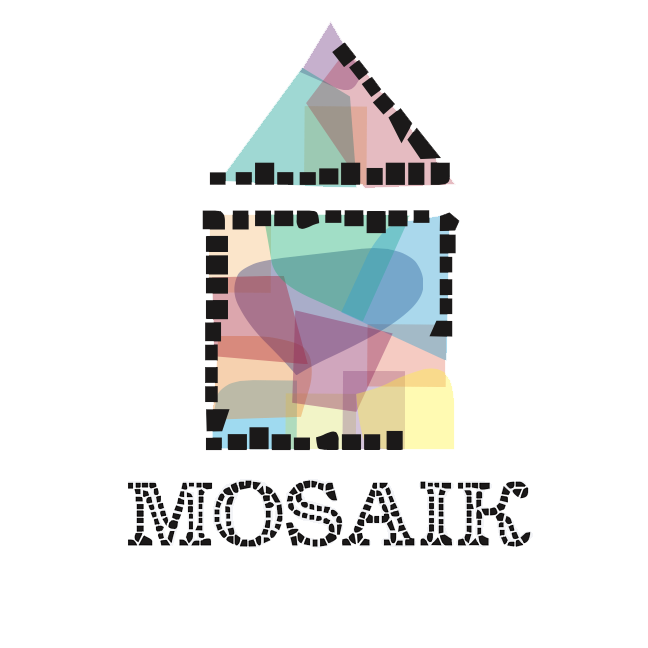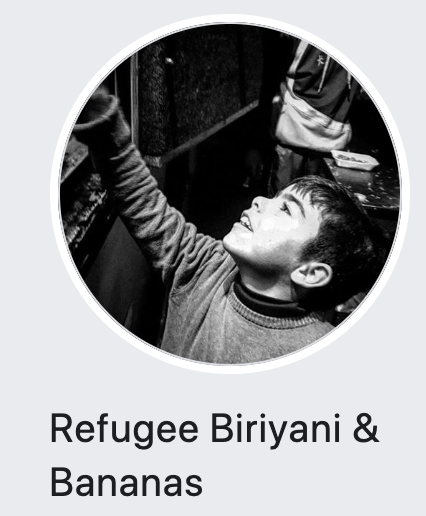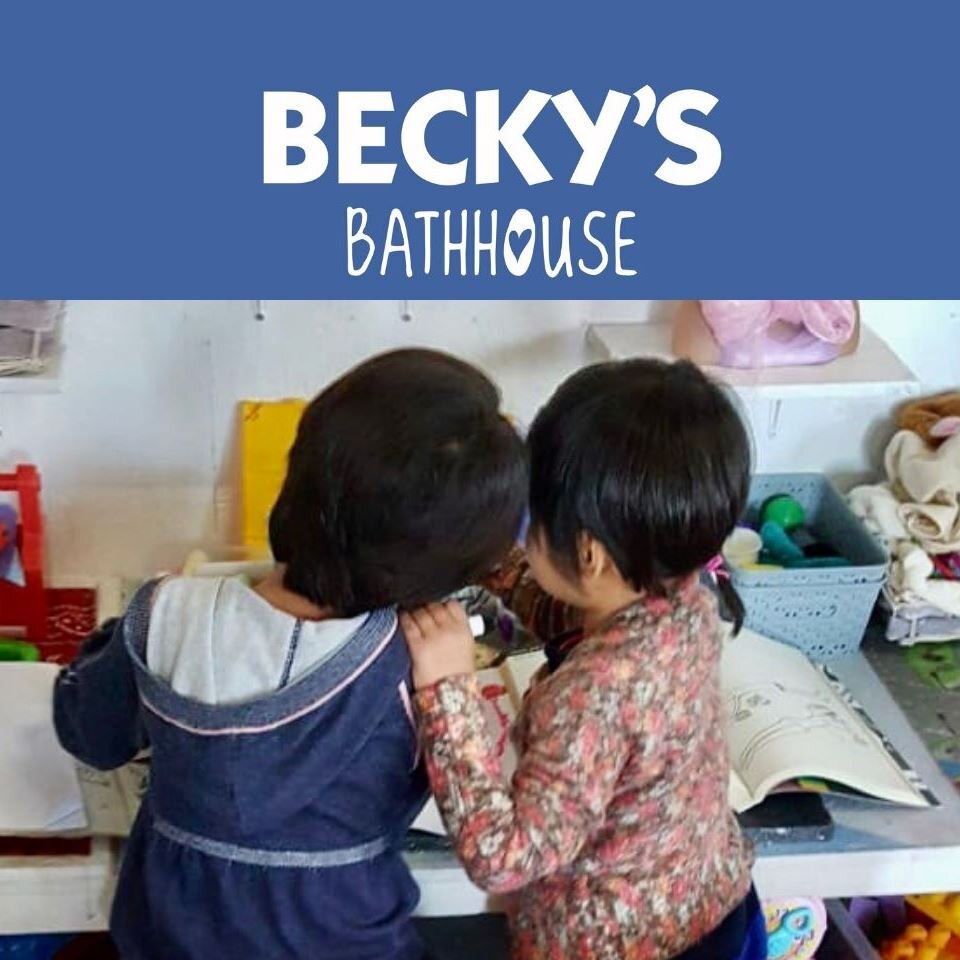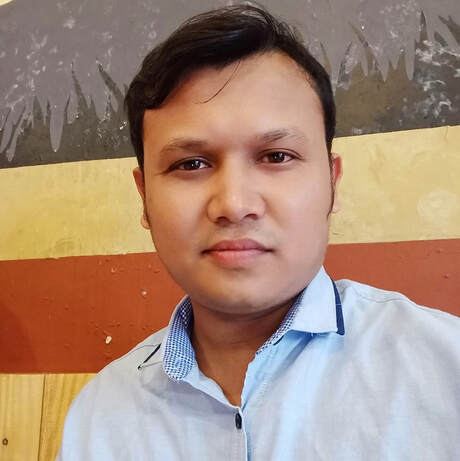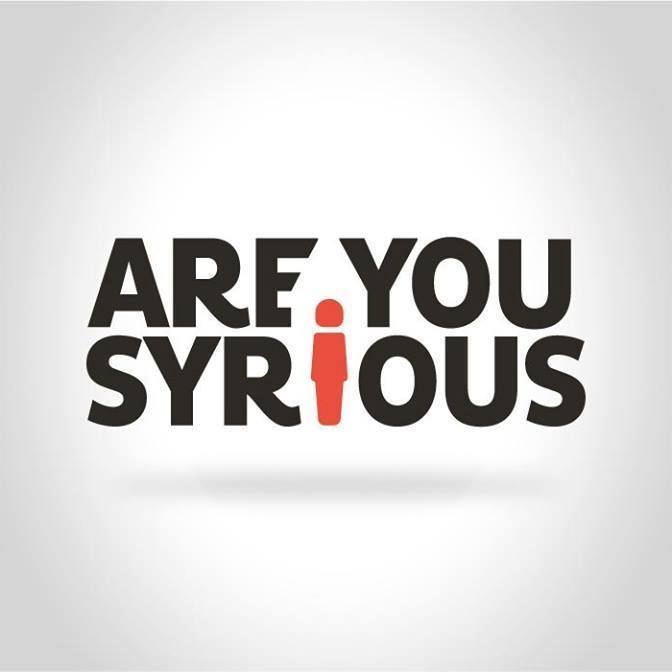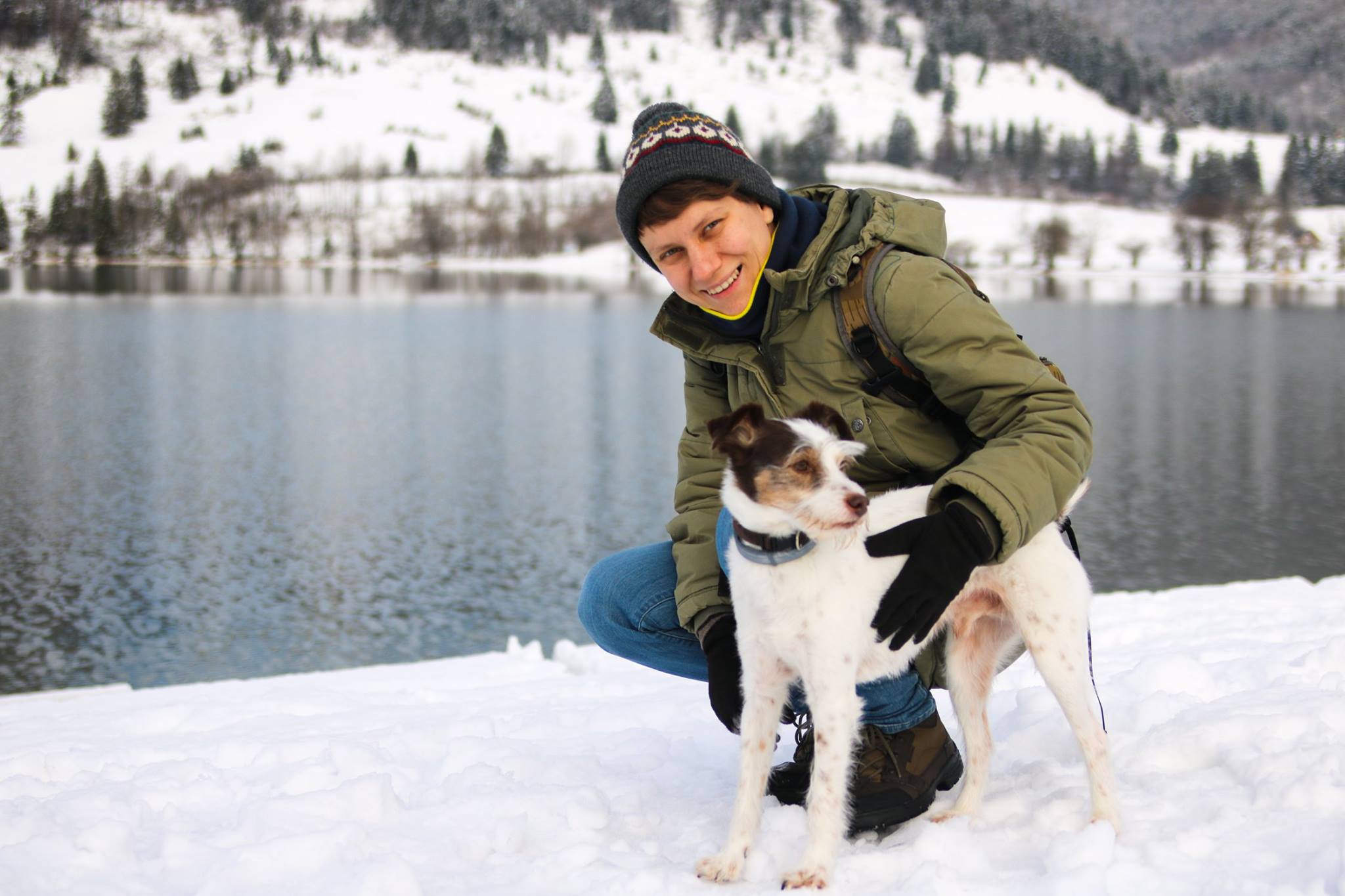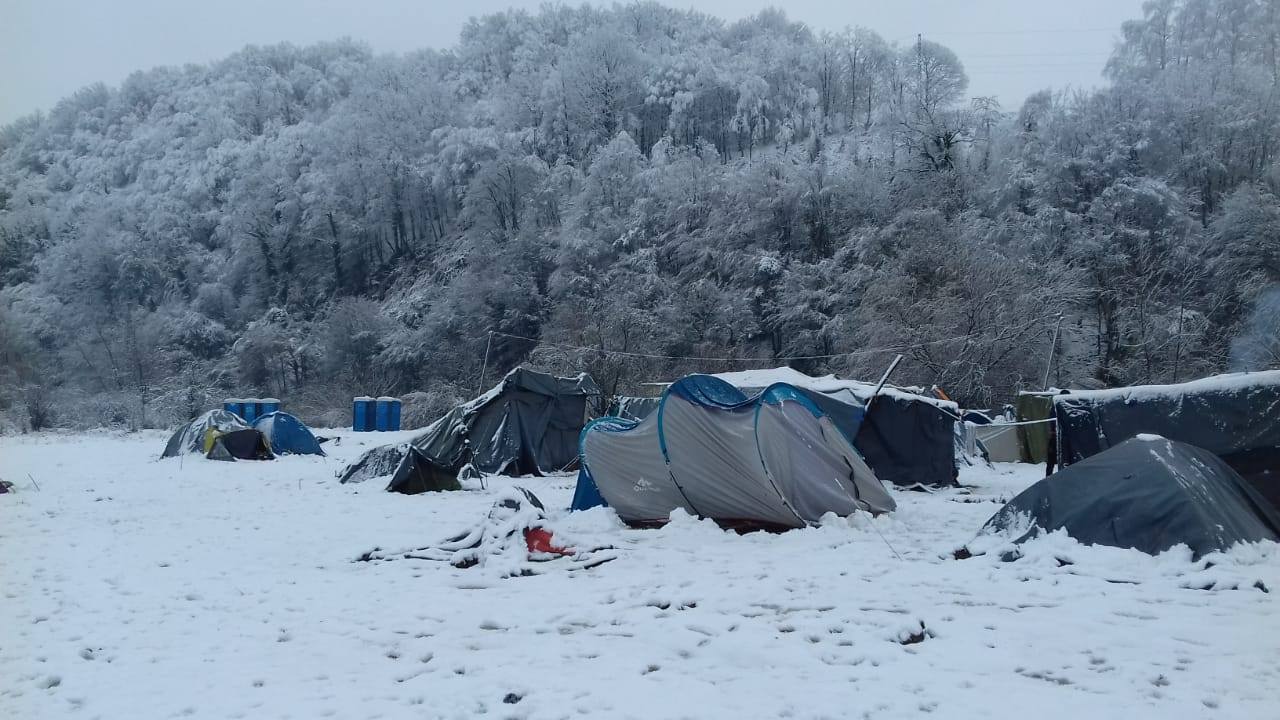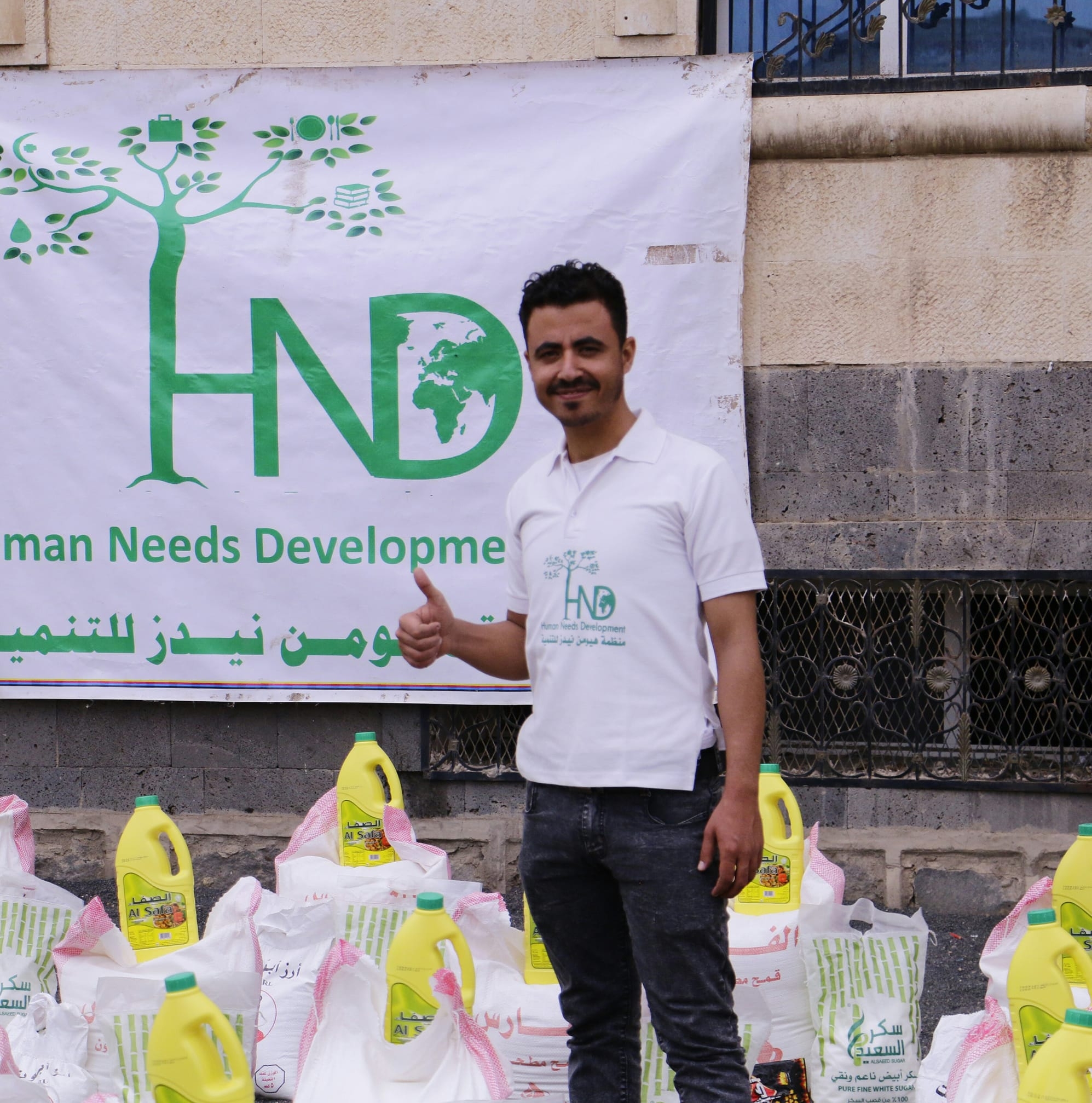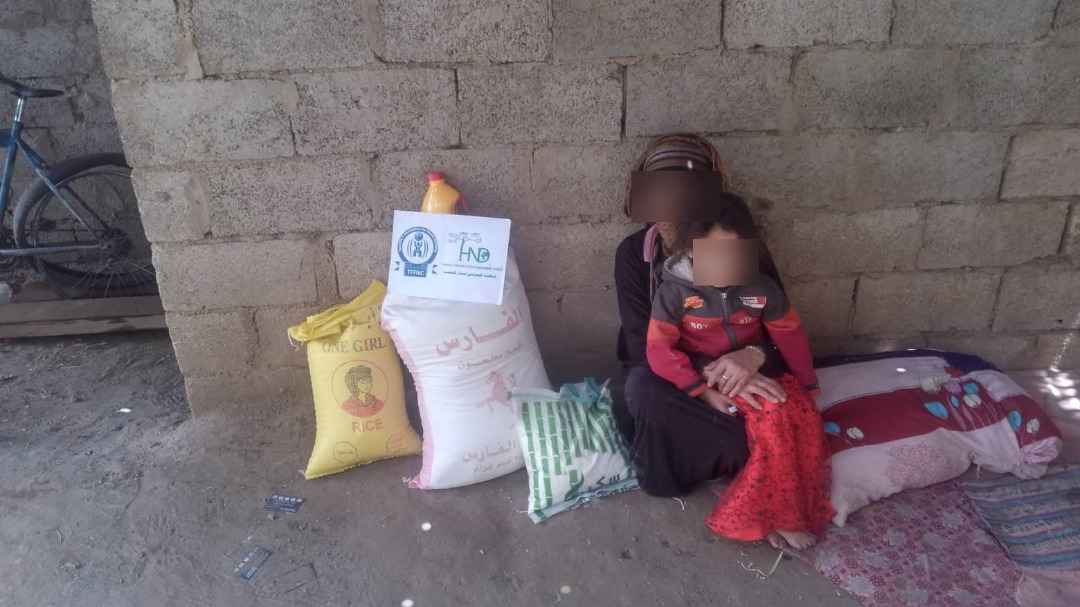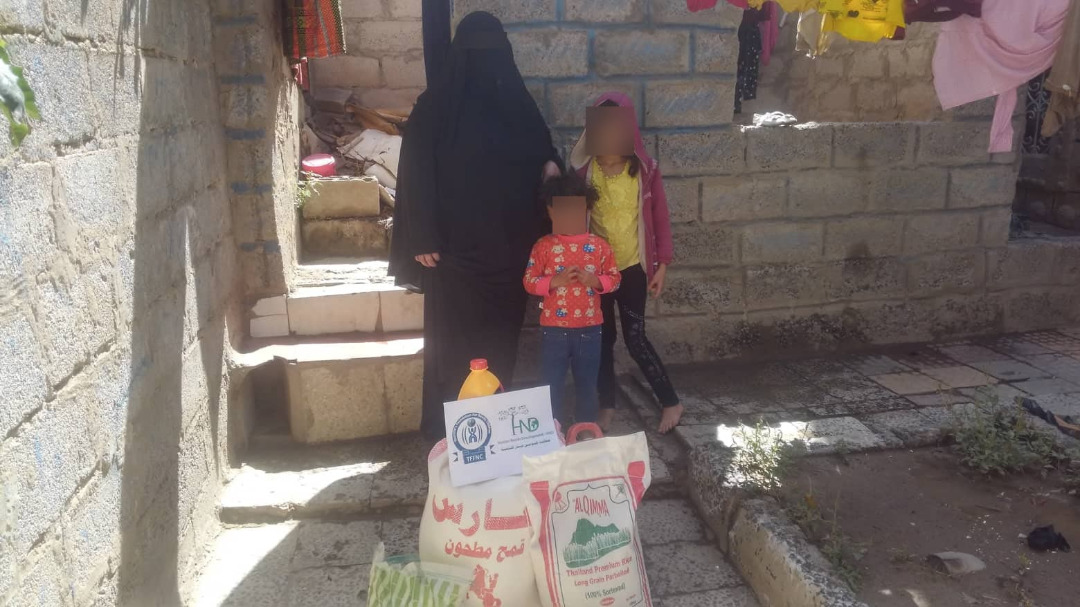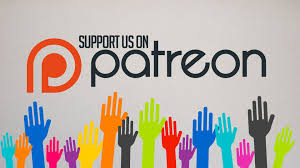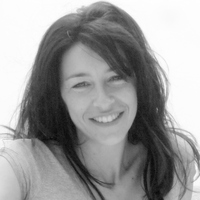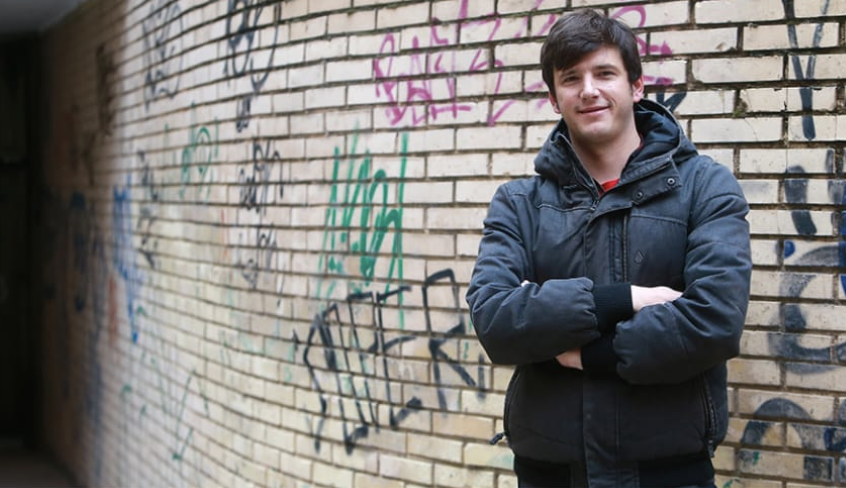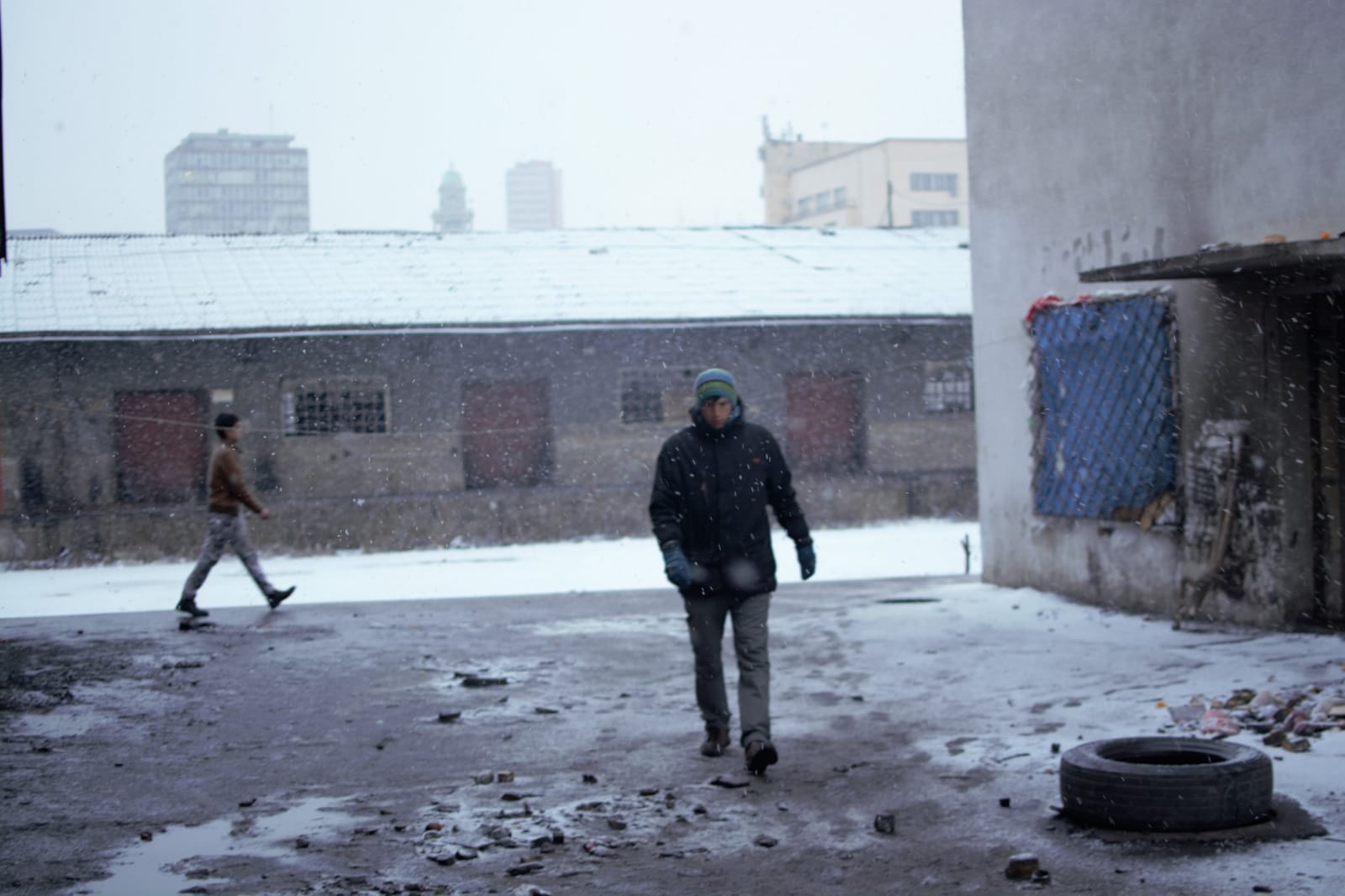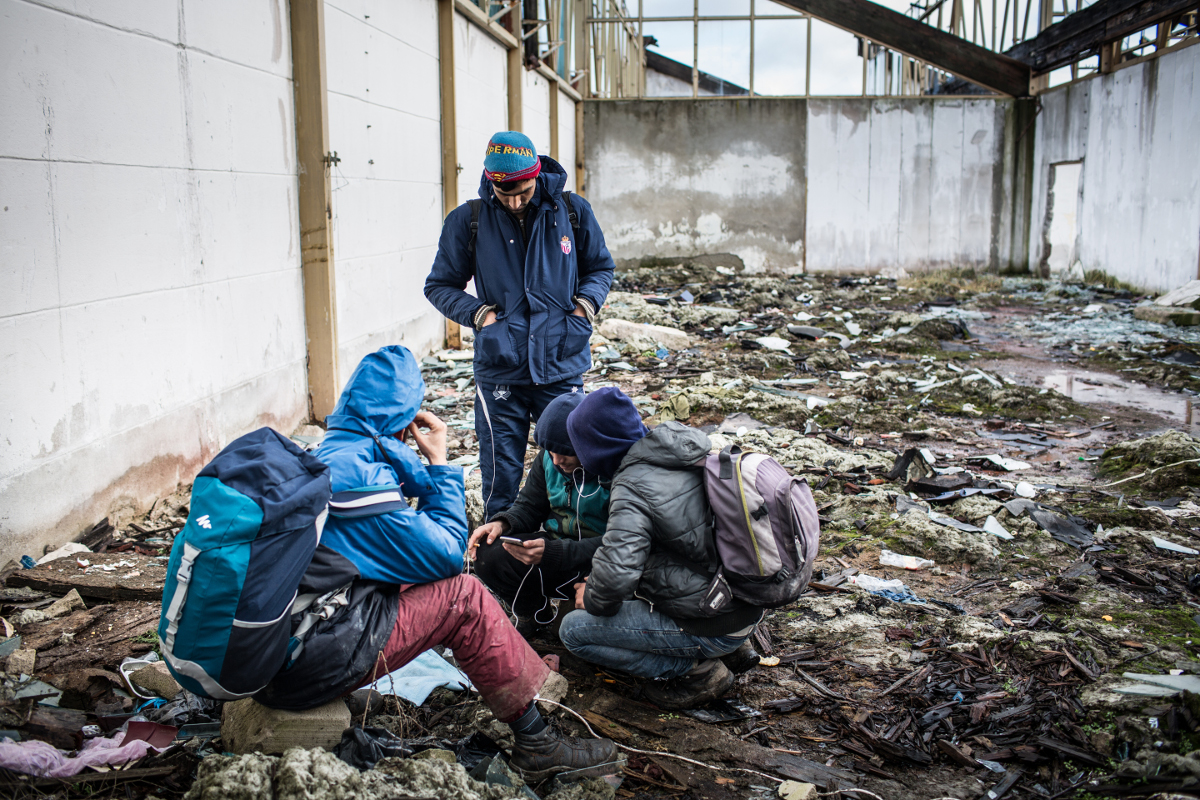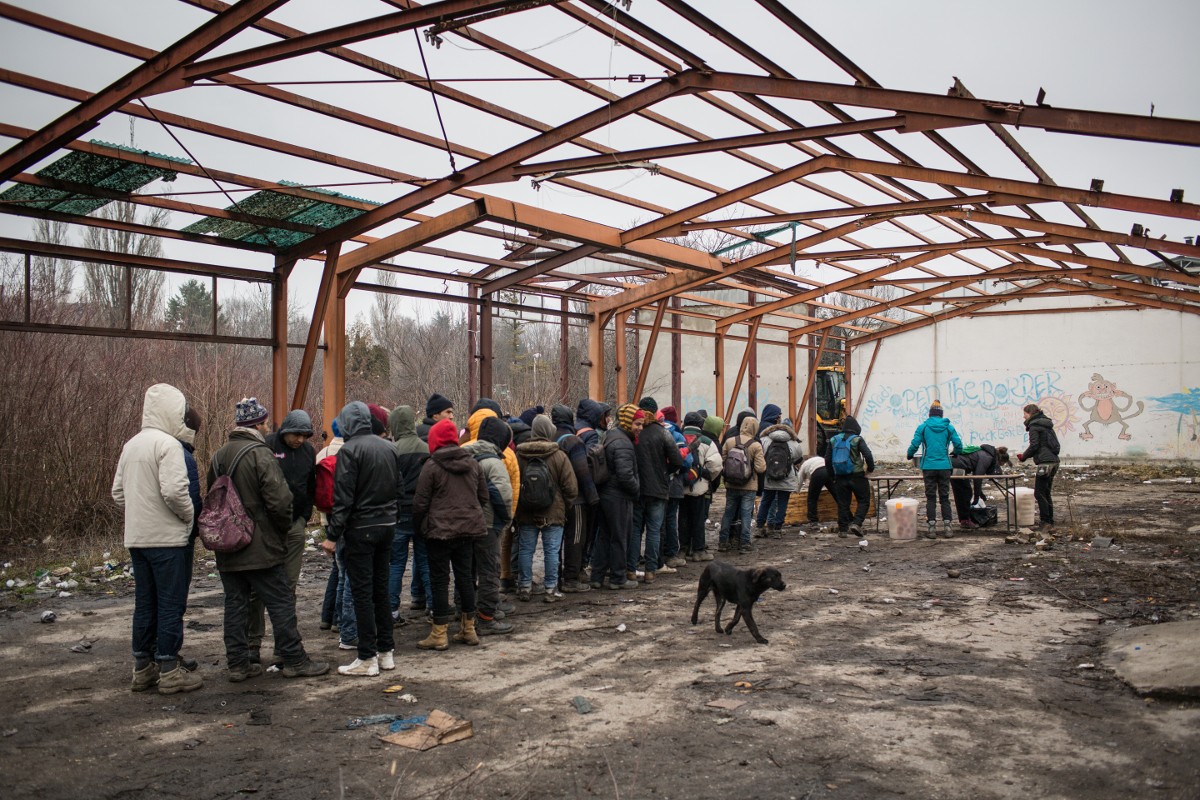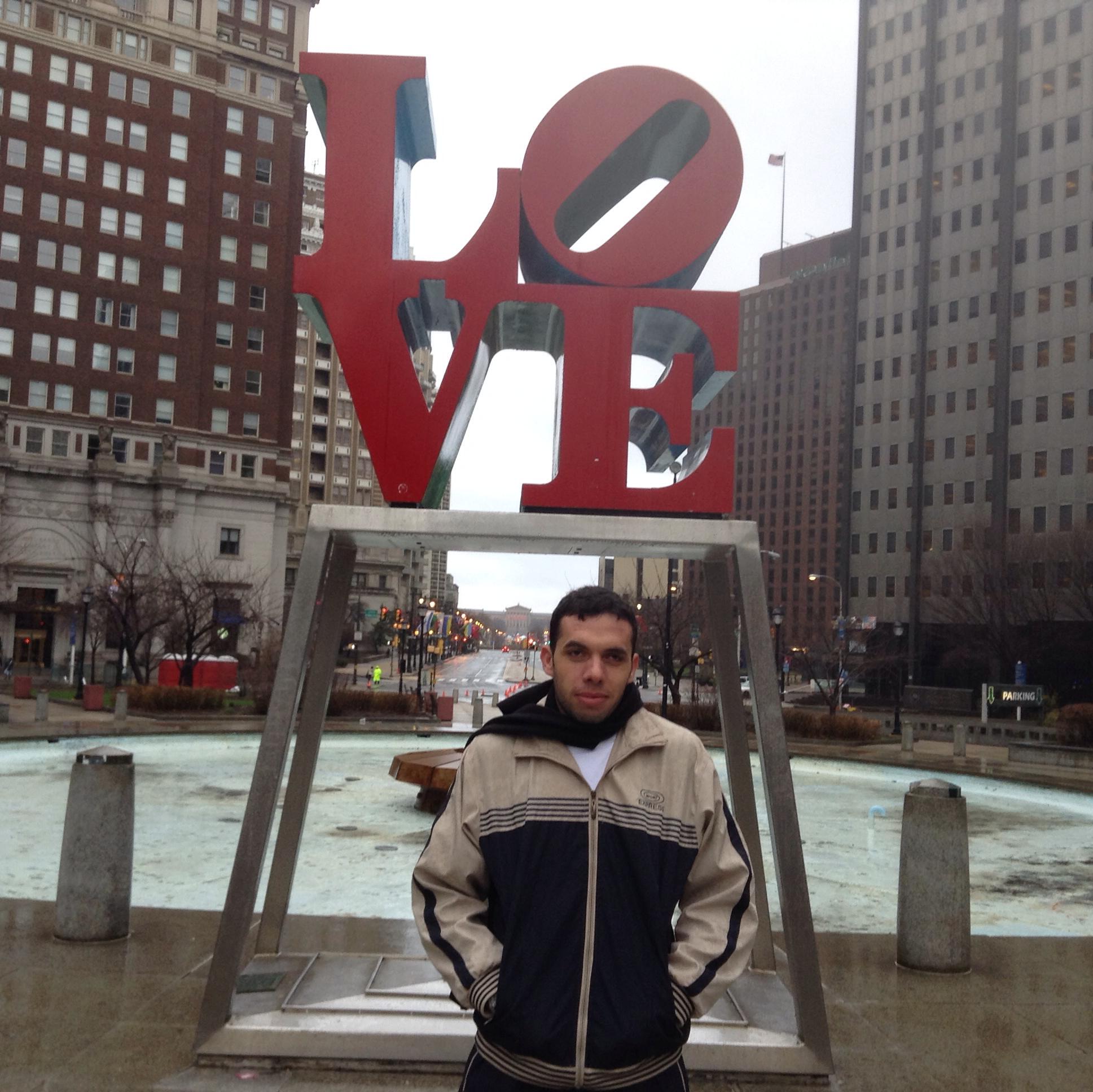Where is Western Sahara? What is Western Sahara? Is it a country? Who lives there? If you find yourself unable to answer any of these questions, or if you want a resource that will help you to quickly explain the history and the current political realities around Africa's last colony to your friends and to your community, this short episode was created for you.
Latitude Adjustment Podcast is also working on plans to complete a multimedia documentary series, working on the ground with Sahrawi refugees in Western Algeria, and in collaboration two former guests of the show. You can find more information on that developing project on our website, at LastAfricanColony.com
Be sure to check the episode following this one for our interview with Solidarity Rising, a Swedish couple currently riding their bicycles around the world to raise awareness about the independence struggle of the Sahrawi people.
107: Understanding the War in Sudan
On April 15th war broke out in Sudan. The fighting between the Rapid Support Forces paramilitary group and the Sudanese army has devastated Khartoum, spread across the country, and an estimated 1,800 people have lost their lives, with hundreds of thousands displaced.
Dalia AbdelMoniem joins us from the UK, where she has been living since fleeing the war in April, after a missile struck her home. Dalia is a former journalist who moved back to Sudan in 2013 after living in Egypt for more than two decades.
For more information about how you can help the people of Sudan, follow these organizations and individuals:
Nazim Sirag, for updates and information about how to help.
96: Forgetting Gaza
The recent Israeli assault on Gaza lasted three days, from August 5 through August 7th. Before a ceasefire was concluded on the 7th of August, 49 Palestinians lay dead, including 17 children, with more than 360 injured. Israeli occupation raids in the West Bank, in particular in Jenin, coincided with the attacks.
And now, in an all too predictable pattern, we see that the Western media has once again failed to ask difficult questions in the aftermath of the attacks, and instead resuming its deafening silence on the questions of the Israeli occupation and on the 15-year siege on Gaza.
For this episode we speak with two young people in Gaza to gather their first-person perspectives. We deliberately chose to wait until several days after the attacks before releasing this episode, in order to highlight the role that the press plays in forgetting the ongoing violence towards Palestinians in Gaza.
92: Ukraine (1 of 2): Investigating Migration
This marks the first episode of a two-part series on the war in Ukraine. The first will focus on the work of investigative journalism being done by LightHouse Reports, a nonprofit organization based in The Netherlands. And we’ll be speaking with investigative journalist Halima Salat Barre about the experiences of non-Ukrainian refugees fleeing Ukraine. The second part of this series will focus on the experiences of Jana Kalaaji, a Syrian national who fled the war in her country to study medicine in Ukraine, only to become a double refugee, after the outbreak of the war there.
It is not our intention, nor is it within our means, to provide a full panoramic view of the entire conflict, all of its parties, nor all of their grievances or the events that inform them. But you will hear some perspectives about this war that you are not hearing about much in the coverage of this war from traditional media from either side, and we have done our best to clearly lay out the facts as well as the limits of our knowledge.
Also please be sure to support our Palestine Podcast Academy!
91: Haitian History & LGBT Rights
Gino Ambroise is an LGBT and HIV-rights activist in Port-au-Prince, Haiti. However this episode covers a wide variety of topics, from Haiti’s post-colonial history, ongoing exploitation by various outside interests, disasters (both natural and man-made), and the causes behind the stigmatization of the LGBT and HIV communities and how these causes are linked to a new form of colonialism.
You can also follow Gino’s “Podcast Akansyèl“ to learn more about his advocacy work, and contact his organization “Eritaj” at: eritaj200ans@yahoo.com
90: Trapped on the Borders: Poland and Greece
In the summer of 2021, after Belarusian leader Alexander Lukashenko enticed migrants and asylum seekers to come to Belarus and use it as a staging area for entering the European Union, the number of people trying to cross into the EU through the Baltic states and through Poland began to increase from the hundreds into the low thousands. And since that time draconian security measures, pushbacks, and the level of desperation of those caught between borders has increased along with the drop in temperature, leaving many freezing, starving, and stuck; pushed back and forth in a heavily forested “no man’s land” on the borders of the EU.
We speak with Sonia Nandzik-Herman and Douglas Herman, co-founders of ReFocus Media Labs, a Polish NGO that has operated on the Greek island of Lesvos for years. But after spending many months in Poland they’ll also be giving us an update on sitions there and an update on the current situation on Lesvos and on the Greek mainland, where many of the same policies are in place. We’ll also be learning where and how policies and tactics differ.
New York Times article referenced in the introduction.
Photo Credit: @grupagranica and @fundacjaocalenie
85: Boko Haram Survivors (2 of 2)
This episode is the second part of a two part series. In part two we focus on the work of the Allamin Foundation, and of Hamsatu Allamin the organization’s founder. The Allamin Foundation works on the ground in Northeastern Nigeria with survivors of Boko Haram.
Episode one is focused on the origins of Boko Haram, its framing in the media, and some of the problems that have arisen in the national and international responses to the organization.
84: What is Boko Haram? (1 of 2)
This episode is the first of a two-part series. In part one we learn who and what Boko Haram is, the different ways they have been framed in the media, and about some of the problems that have become evident in the national and international responses to this organization.
Our guest for part one is Mercy Ette, a Nigerian journalist and a visiting research fellow at the University of Leeds where she is working to establish a survivor group to tackle stigmatization and isolation among survivors of Boko Haram. Allamin Foundation, which is featured in the second part of this two-part series, is one the local partners on this project. Mercy’s partner on this project at the University of Leeds is Nicolas Salazar Sutil, our guest from episode 78.
Special: Introducing Latitude Adjustment Podcast Academy!
Latitude Adjustment returns to Lesvos to launch a new phase of our programming, a podcast academy!
Over the next several weeks Latitude Adjustment Podcast will be working with students and asylum seekers from the Refocus Media Labs team to help them produce their own podcasts. Be sure to look for their episodes in the coming weeks.
This special episode will also update you on major events that have taken place on Lesvos since we left in February. A lot has happened.
As you wait for the release of our students’ episodes be sure to follow our progress on Instagram, and check out our four-part series about Moria and the conditions of refugees in Greece, from earlier this year
If you would like to support our efforts you can sign up for a monthly contribution through our Patreon page. Stay tuned for more in the coming weeks!
Episode 64: Live! - Asylum Conditions in Greece and the Balkans
This show is the audio-only version of a live video chat hosted on July 10th, featuring guests Milena Zajović from Are You Syrious?, Douglas Herman from ReFocus Media Labs, and Carmen Dupont from Lesvos Solidarity - Pikpa.
You can catch our weekly-(ish) live chat discussions most Fridays on the Latitude Adjustment FB page, or you can check our Live Video Chats archive to watch and share them later.
Also, we’d like to formally introduce the show’s new co-host, Laila Mokhiber!
Be sure to catch our four-part podcast series including field reports from Moria Camp on Lesvos, and from the Greek mainland.
You can also watch the video version here:
Episode 60: Refugee Crisis in Greece - Aid
This is the final episode of a four-part series on the refugee crisis in Greece, undertaken in collaboration with Croatian NGO, Are You Syrious. This episode features a range of perspectives from locals, internationals, volunteers, and founders on Lesvos and in Athens, including:
Douglas Herman from Refocus Media Labs; Lesvos (7:14)
Eric Kempson from the Hope Project; Lesvos (1:10:51)
Salam Aldeen from Team Humanity; Lesvos (1:36:44)
Myrto Symeonidou from Migratory Birds; Athens (2:01:49)
Mania and Mado from Network for Children’s Rights; Athens (2:22:42)
Clockwise from top left: Malakasa, Skaramagas, and Elionas refugee camps, near Athens; Moria Refugee Camp, Lesvos, Greece
Organizations we recommend supporting…
Episode 58: Greece - Refugees Tell Their Stories
These are the personal testimonies of refugees from Moria Refugee Camp on the Greek Island of Lesvos and in Athens. These interviews were recorded in January and February and are the second of a three-part collaboration with Are You Syrious concerning the situation for refugees and communities in Greece. Much has transpired in Greece and in the world since we spoke, but their stories remain current and are in many ways timeless examples of what many of our parents, grandparents and neighbors endured before settling in our communities. As the Coronavirus bears down on the most vulnerable people it’s critical that we make space to hear and share their stories rather than reducing them to numbers, faceless victims, and political talking points.
Organizations we recommend supporting…
Episode 57: Special Report from Greece and Turkey
Much has changed in recent weeks since we left Greece, and before bringing you the personal testimonies and field interviews that we gathered from refugees, volunteers, Greek citizens, and stakeholders during our time in Lesvos and Athens in January and February, we wanted to touch base with some people on the ground in Greece and Turkey to get up to speed on the fast-changing situation in and between these countries.
In 2016, in response to the growing alarm at the continuing movement of peoples towards Europe, the European Union struck the so called EU-Turkey Deal, effectively promising to pay Turkey approximately 6 billion Euros to contain the flow of people to within its borders. Turkey now leads the world hosting a refugee population of more than 4 million people, 3.7 million of them from Syria. At the end of February president Erdogan ordered Turkish border police to stand down resulting in a rush on Greece’s land and maritime borders, and enflaming what was already a highly tense situation in the Greek islands.
Douglas Herman a journalist and co-founder of Refocus Media Labs, a nonprofit organization that teaches media skills to asylum seekers. Douglas has been based on Lesvos for several years and more recently he’s been documenting the escalating situation on the island for a variety of news sources.
Deman Güler is a human rights attorney in Turkey and manages the Human Rights Center and Commission for Refugees for the İzmir Bar Association. Those familiar with the geography of the migratory routes will recognize Izmir as one of the principal staging areas for smugglers and for those trying to cross by sea to the Greek isles.
Are You Syrious is an indispensable resource for those trying to stay on top of policy changes and events on the ground along the migratory routes. an indispensable resource for those trying to stay on top of policy changes and events on the ground along the migratory routes.
This special podcast report is the first in a multipart podcast series covering the conditions of refugees and communities on the borders of the European Union and part of a collaborative project between Latitude Adjustment podcast and Croatian nonprofit Are You Syrious. Be sure to check out the Are You Syrious written accompaniment to this episode as well. This AYS special report is intended to provide a helpful timeline of events and offers more context for the podcast.
Correction: the initial publication of this podcast indicated that cases of COVID-19 had been reported on both Lesvos and Chios. However the case(s) on Chios are not yet confirmed, while it appears that one case has been reported in the general population on Lesvos.
Left to right: Moria Refugee Camp, Lesvos, Greece, Douglas Herman, and Deman Güler
Come for a three-minute walk through Moria Refugee Camp.
Organizations that we recommend supporting.
Episode 42: Stateless - Myanmar's Rohingya People
In 1982 the Myanmar (Burmese) military government passed a citizenship law that effectively stripped the Rohingya community of their nationality overnight. They’ve been stateless ever since, and subject to institutionalized discrimination and coordinated persecution that has greatly restricted their movement and their access to jobs and to education.
Although there have been reports of attacks and massacres in the past, in August of 2017 Myanmar’s military began a campaign to drive many Rohingya out of their homes in Rakhine state, with the result that roughly 900,000 refugees have fled the country, with reports of widespread and coordinated attacks utilizing arson, rape, and mass killing that bear signs of genocide. Refugee camps in neighboring Bangladesh have long since been filled past overflowing, and many have been reduced to living in squalid and unsafe conditions in and around the camps.
JN Joniad fled his home in Rakhine state 6 years ago, and is currently registered in with UNHCR in Indonesia as a refugee, while he awaits resettlement elsewhere. His story not only illuminates the condition of fellow Rohingya, but also uncovers what appears to be a global trend amongst wealthy nations (the US, EU, and Australia) to outsource their border enforcement policy to developing nations through a strategy of deterrence and obscured accountability.
Episode 34: Are You Syrious?
Have you ever watched a humanitarian crisis unfolding on the news, witnessed the subsequent failure in leadership, and thought to yourself, "I wish I could get some friends together and just do something to make this better?"
That's what Milena Zajović and a few Croatian friends did when the largest refugee crisis to hit Europe since World War 2 came to their borders in the Summer of 2015. That initial impulse lead to the creation of Are You Syrious?, a nonprofit that focuses on field work, integration, and advocacy for refugees in the Balkans and Southern Europe. Lately a lot of their work has focussed on reporting on the so-called "push backs" that have seen Croatian authorities playing the role of border enforcers for the European Union. These measures have been accompanied by widespread reports of violence and other human rights abuses and campaigns by various governments to criminalize the work of human rights defenders, a worrying trend that Latitude Adjustment covered in our previous episode about Malta as well.
Be sure to subscribe to the Are you Syrious Daily Digest, a resource that's become reference material for foreign embassies, aid workers, and journalists, and which provides up to the minute reporting for and about refugees in Europe and across the Middle East.
photos & logo design credit: Are You Syrious?/ Milena Zajović
Episode 32: On the Ground in Yemen
We hear very little about the war that is taking place in Yemen, now in its fifth year. And we hear even less about the war from Yemenis themselves, and still less from those who remain Yemen. This episode represents a small effort to address this disparity.
Adel Hashem is the director of Human Needs Development in Sana’a, an organization that is working on the ground to deliver food, medical, and education support to the Yemeni people.
Though the war in Syria, and other regional conflicts have managed to grab headlines in recent years, Yemen has remained conspicuously underreported despite the fact that it has seen the largest cholera outbreak in recorded history, starvation, thousands of civilian casualties, widespread food insecurity amongst the majority of its population, and despite the fact that all of these horrors are completely man-made.
This stems in large part from the fact that the majority of the carnage in Yemen has been unleashed by Saudi Arabia and its coalition of supporters in their fight against Yemen’s Houthi rebels. Saudi Arabia is a US ally and it’s brutal air campaign (and less reported mercenary-supported ground campaign) have enjoyed the support of US and Western weapons deals, as well as intelligence and logistical support. Quite simply, the war would not be possible without the direct and ongoing support of Western governments, and principally the US, UK and France.
But we can change this.
Support Human Needs Development’s Ramadan campaign:
Episode 31: Out of Options - Syrian & Yemeni in Malaysia
Hashed had to flee Yemen after his father was killed, and what followed was an odyssey that has taken him from Djibouti, to India, to Malaysia, where his struggle is far from over.
Hassan is from Syria, and he also wound up in Malaysia, after his work visa in the UAE expired and the Emirati government threatened to deport him back to Syria. Hassan became the subject of international attention when he spent 7 months trapped in the Kuala Lumpur airport. These are their stories, and you can help.
Episode 29: Malta & Refugees in the Mediterranean
Maria Pisani PhD is a Maltese citizen, lecturer, former head of office for the International Organization for Migration on Malta, and co-founder and director of Integra Foundation. As the EU’s smallest and southernmost member state, Malta has long been on the front lines of one of the busiest and the deadliest migratory paths on earth, where more than 14,000 people have lost their lives since 2014, attempting the crossing from North African shores to the EU.
We discuss Malta’s role in the refugee crisis, the features of Maltese policies and how they have shifted over the years, and the moral, political, and logistical implications of the EU’s policy of containment and deterrence since 2015 when Europe saw the largest numbers of refugees since the Second World War.
Episode 19: No Name Kitchen
Bruno Morán is from Asturias, Spain, and is a co-founder of No Name Kitchen, an NGO that provides food, sleeping bags, basic necessities, and a community space for refugees in transit along the Serbian and Bosnian borders with Croatia.
In addition to providing basic services, No Name Kitchen has also become a primary point of contact for those who have been pushed back from the Croatian border, and as a result the organization has found itself involved in documenting and sharing the growing number of reported abuses by the Croatian border police against those who are seeking to cross into the EU, people who have no legal means of registering themselves in bordering countries.
In this episode we cover what is happening on the ground, the practical challenges of running a small front line organization, and some advice on how you can get involved in global events in your community.
Photo credit clockwise from top left: image 1 No Name Kitchen; images 2-4 Maria Feck, No Name Kitchen, Šid, Serbia.
Episode 3: Gaza & Politics in Palestine
Yousef Aljamal and I met in Gaza in 2013. In this long-format episode we discuss life in Gaza under 11 years of siege imposed by Israel and Egypt, his travels and his personal losses, the ongoing Great March of Return Protests, solidarity with indigenous communities and movements, and we take a critical look at internal Palestinian politics, the stigmatization of mental health treatment, the status of Jerusalem and the implications of the US embassy move, the role of Hamas and its politics, and pretty much everything you would want to know about the present situation in Gaza and the rest of Palestine that we could fit into two very long conversations.
I also provide a longer intro and closing thoughts to address the divisive nature of this subject in the US and the West, and my own travels in Palestine.
It would be impossible to produce a podcast on this subject that everyone will agree with, and that's not the aim of Latitude Adjustment on any subject. However, considerable effort was put into producing a show that will give you a detailed look at the present situation from a Palestinian perspective. Particular attention was given to topics that are often absent from the treatment of this conflict in mainstream and alternative media. This episode should be educational for just about anyone trying to get a better understanding of what is often characterized as the most intractable conflict in the world.
Please be sure to leave a review on iTunes or your preferred media platform, and please join the ongoing discussion in the Latitude Adjustment Conversation Group, on Facebook.
You can follow Yousef on Twitter.
The US has just cut all funding to UNRWA. Please donate today.
Since 1949 UNRWA has been the UN body responsible for providing medical clinics, education, and food aid to Palestinian refugees. There are currently 5.4 million Palestinian refugees registered with UNRWA, and the US administration - the principle donor to this UN organization- has just elected to cut all financial support. Whatever your view of this conflict, Palestinians need food, medicine, and an education. Please contribute what you can. And if you are a US voter, please call your elected representatives and ask that they demand the reinstatement of US funding.
For more context please read this recent op ed in the Washington Post.
Below you will find the two videos mentioned in the show. Also check out Yousef's suggested reading list. and this article Yousef wrote about his experiences of traveling as a Palestinian.
Yousef's Suggested Reading:
Palestine: A Four Thousand Year History, Dreaming of Freedom: Palestinian Child Prisoners Speak
The Last Earth: A Palestinian story
1. Again I did not produce this video tutorial on the history of the Israel-Palestine Conflict. It's not perfect, and there's stuff I personally would have framed differently, and other things I would have included that were left out. But of all of the stuff I came across it seemed to provide the best balance between breadth of content with the least amount of objectionable material and omissions.
2. The second video is part of a collaborative film project produced by Open Roads Media, a small nonprofit I founded in 2015. The bi-national street-interview-format film collaboration was completed by youth in Gaza, Palestine, and The Netherlands in 2017. The late Yaser Murtaja was one of the lead producers on the Gaza team, and it's his drone footage that provided the aerial views of Gaza in this short film.
This episode of Latitude Adjustment is dedicated to Yaser and to his family, and to his friend and co-founder at Ain Media Rushdi Sarraj and their team. Ain Media created this short video memorial to Yaser as well.
3. The third video is a helpful explainer, answering some of the common criticisms of the BDS (Boycott, Divestment, and Sanctions) campaign.

